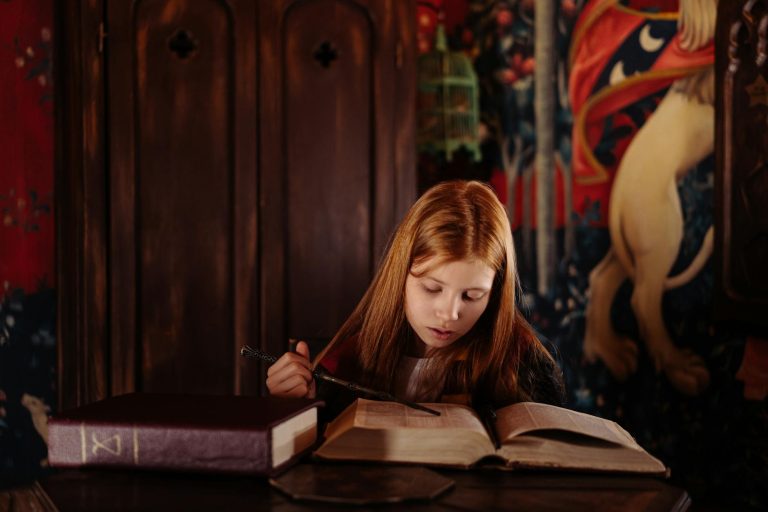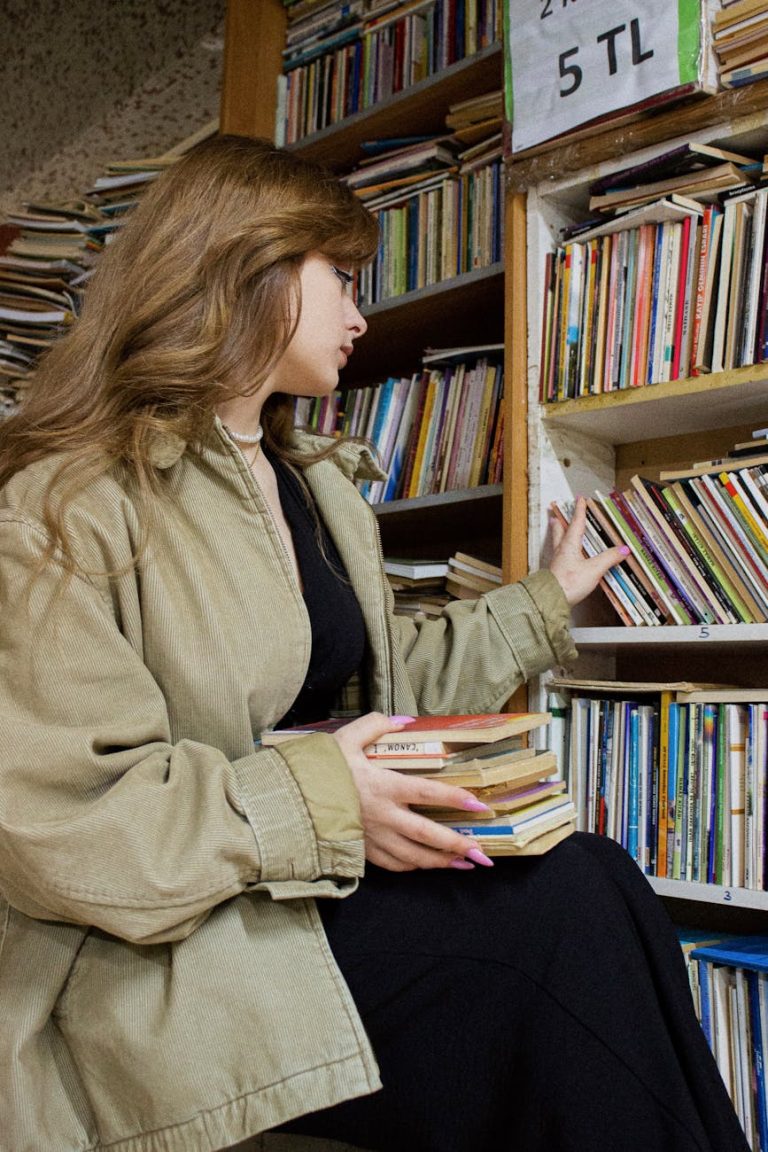Erotic Romance Comparisons: Best Insights across Cultures
Exploring Erotic Romance Across Cultures: A Comparative Analysis
Erotic romance is a diverse and intriguing genre that transcends cultural boundaries, offering readers a glimpse into the complexities of human relationships, desires, and emotions. While the essence of passion and intimacy remains universal, the way it is portrayed and perceived varies across different cultures. In this article, we will delve into the world of erotic romance and explore how it is portrayed in various cultures, highlighting the best insights and differences that make each cultural perspective unique.
Cultural Influences on Erotic Romance
Cultural norms, beliefs, and societal values play a significant role in shaping the portrayal of erotic romance in literature. In Western cultures, such as the United States and Europe, erotic romance often emphasizes individuality, sexual liberation, and personal fulfillment. Characters in Western erotic romance novels are portrayed as strong-willed individuals who pursue their desires without societal constraints.
On the other hand, in Eastern cultures like Japan and India, erotic romance may be more subdued and focus on emotional connection, spiritual intimacy, and traditional values. Stories in these cultures often explore the complexities of love, duty, and family obligations, blending sensuality with emotional depth.
Themes and Tropes in Erotic Romance
Regardless of cultural differences, certain themes and tropes are prevalent in erotic romance across the globe. Themes such as forbidden love, power dynamics, and self-discovery are commonly explored in erotic romance novels, captivating readers with their intensity and emotional depth.
In Western erotic romance, themes of dominance and submission, as seen in the popular “Fifty Shades of Grey” series, have gained widespread popularity, reflecting contemporary attitudes towards sexuality and relationships. On the other hand, Eastern erotic romance often delves into themes of destiny, reincarnation, and fate, intertwining mystical elements with romantic narratives.
Cultural Taboos and Challenges
While erotic romance has gained mainstream acceptance in many cultures, it still faces challenges and taboos in certain societies. In some conservative cultures, open discussions about sexuality and intimacy are frowned upon, leading to censorship and restrictions on the publication and distribution of erotic romance novels.
Authors and publishers in these cultures often face backlash and scrutiny for depicting explicit content or unconventional relationships in their works. Despite the challenges, there is a growing movement towards breaking down these taboos and promoting diverse and inclusive representations of love and desire in literature.
Cross-Cultural Appreciation
One of the unique aspects of exploring erotic romance across cultures is the opportunity for readers to gain a deeper understanding of different perspectives on love, intimacy, and relationships. By immersing themselves in diverse literary traditions, readers can broaden their horizons, challenge their assumptions, and appreciate the rich tapestry of human experiences.
Whether it’s the fiery passion of Western romance or the subtle nuances of Eastern love stories, each culture offers a unique lens through which to explore the complexities of human desire and connection. By comparing and contrasting different cultural interpretations of erotic romance, readers can discover new insights, expand their worldview, and embrace the universal language of love.
In conclusion, erotic romance transcends cultural boundaries, offering readers a diverse and enriching literary experience. By examining the best insights across different cultures, we can appreciate the nuances, challenges, and beauty of love and desire in its many forms. As we continue to explore the captivating world of erotic romance, let us celebrate the diversity of human experiences and the power of storytelling to connect us across borders and differences.







